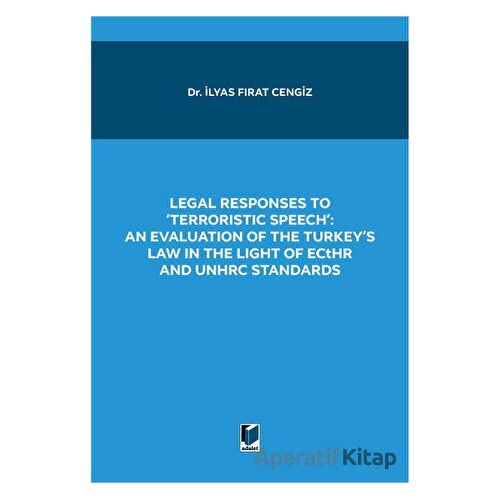Hiç mesaj bulunmadı
| Taksit | Tutar | Toplam |
|---|---|---|
| Tek Çekim | 360.00 TL | 360.00 TL |
| 2 Taksit | 180.00 TL | 360.00 TL |
| 3 Taksit | 127.20 TL | 381.60 TL |
| 4 Taksit | 96.30 TL | 385.20 TL |
| 5 Taksit | 77.76 TL | 388.80 TL |
| 6 Taksit | 65.40 TL | 392.40 TL |
| Taksit | Tutar | Toplam |
|---|---|---|
| Tek Çekim | 360.00 TL | 360.00 TL |
| Taksit | Tutar | Toplam |
|---|---|---|
| Tek Çekim | 360.00 TL | 360.00 TL |
| 2 Taksit | 187.20 TL | 374.40 TL |
| Taksit | Tutar | Toplam |
|---|---|---|
| Tek Çekim | 360.00 TL | 360.00 TL |
| 2 Taksit | 187.20 TL | 374.40 TL |
| 3 Taksit | 126.00 TL | 378.00 TL |
| 4 Taksit | 95.40 TL | 381.60 TL |
| Ödeme Türü | Toplam Tutar |
|---|---|
| Diğer Kredi Kartları | 360.00 TL |
| Havale / Eft | 360.00 TL |
| Posta Çeki | 360.00 TL |
| Kapıda Ödeme | 370.00 TL |
Kapıda ödemeli siparişlerde +10,00TL kapıda ödeme hizmet bedeli ilave edilir. |
|
- Vade farksız taksitler KOYU renkte gösterilmektedir.
- X+X şeklinde belritilen taksitler (Örneğin: 2+3) 2 taksit olarak işleme alınmakta ancak ilgili bankanın kampanyası dahilinde 2 taksit üzerinden işlem yapıldığı halde 2+3 yani 5 taksit olarak kartınıza ve ödemenize yansımaktadır. (2 taksit seçilmiş olsa bile banka kampanyası dahilinde ekstradan vade farkı eklenmeden işlem 5 taksite bölünmektedir.)
Much scholarly attention has focused on the incremental extension of criminal liability for ‘terroristic speech’ that widely reflects acknowledged preventive turn in criminal law. This book examines the case law of Turkeys Yargıtay (Court of Cassation) and Constitutional Court on terroristic speech in the light of regional (the European Court of Human Rights), and international (Human Rights Committee and CERD) standards. While this corpus of human rights law has obtained positive traction in Turkey with several progressive Constitutional amendments, it is argued that the modern-day regulation of terroristic speech resembles in many ways the now outmoded offence of sedition for silencing unsolicited expression. It must of-course be recognized that Turkey has experienced a protracted conflict, and that recent ‘terror’ attacks in European capital cities have reinvigorated the international ‘War on Terror’. At a deeper level, however, this observation evidences a troubling state of affairs, for, even in this ‘human rights era’, the imposition of far-reaching restrictions on speech continues seemingly without contradiction. Indeed, in many cases, the relevant criminal law offences, especially those pertaining to indirect incitement, were themselves been introduced at the behest of international instruments such as the UN Security Council Resolution 1624 (2005); the Council of Europe Convention on the Prevention of Terrorism, 2005; and the European Union Framework Decision on Combating Terrorism, 2008. It is argued that the regulation of ‘terroristic speech’ epitomizes the state-centricity of human rights norms; (a phenomenon which Leigh and Lustgarten colourfully describe as assigning ‘the safekeeping of children in a school playground to a pit-bull terrier’). Moreover, it also reflects the fundamental inability of the international community to agree upon a definition of ‘terrorism’. The book thus draws attention on the ‘invention’ of ‘terrorism’ as a fundamentally political term involving moral judgment. It is argued that the infusion of this political concept into legal reasoning is inherently problematic. The binary nature of ‘terrorism’ belies the more spectral nature of ‘political violence’, and it is the latter which ought to inform a more nuanced judicial response to ‘terroristic speech’.



